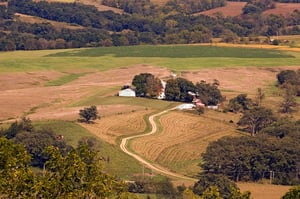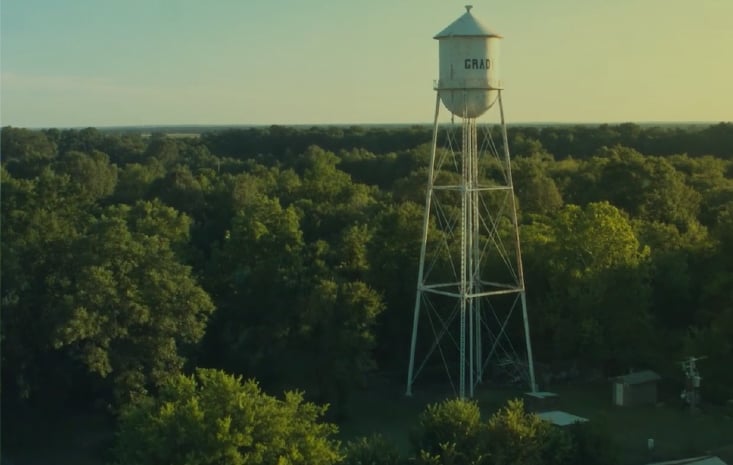 In the last few decades “agricultural sustainability” has emerged as an industry catchphrase. We all agree that we should be doing it, but what does it really mean? Before we can start practicing “agricultural sustainability” we must define what it means. Let’s take a look at a few existing definitions.
In the last few decades “agricultural sustainability” has emerged as an industry catchphrase. We all agree that we should be doing it, but what does it really mean? Before we can start practicing “agricultural sustainability” we must define what it means. Let’s take a look at a few existing definitions.
According to the Farm Bill, established by Congress in 1990, the term sustainable agriculture means "an integrated system of plant and animal production practices having a site-specific application that will, over the long term:
- Satisfy human food and fiber needs
- Enhance environmental quality and the natural resource base upon which the agricultural economy depends
- Make the most efficient use of nonrenewable resources and on-farm resources and integrate, where appropriate, natural biological cycles and controls
- Sustain the economic viability of farm operations
- Enhance the quality of life for farmers and society as a whole."
A report by the Food and Agriculture Organization of the United Nations discusses the concept of sustainable crop production intensification, producing more from the same area of land while conserving resources, reducing negative impacts on the environment and enhancing natural capital and the flow of ecosystem services.
The USDA’s stance on sustainable agriculture is that it defies definition. The USDA website states, “if nothing else, the term ‘sustainable agriculture’ has provided ‘talking points,’ a sense of direction, and an urgency, that has sparked much excitement and innovative thinking in the agricultural world.”
At Agricen, our goal is to help you adapt to the changing demands of the industry. We are constantly considering what “sustainable agriculture” means and how we can takes steps to put it into practice.
Learn more about what we are doing by downloading our "Growing for the Future" booklet.






